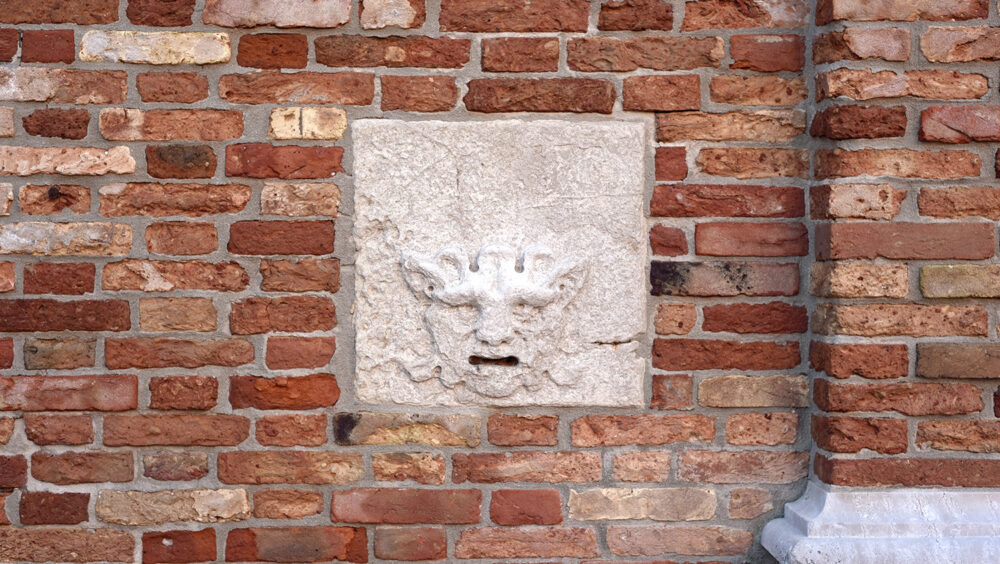Amedeo Policante
Amedeo Policante is a critical theorist and historian of political thought. He holds a PhD from Goldsmiths College, University of London and is currently a Postdoctoral Research Fellow at the University of Warwick. He is the author of two recent monographs: I Nuovi Mercenari: Mercato Mondiale e Privatizzazione della Guerra (Ombre Corte, 2014) investigating the on-going commodification of security and the resulting fragmentation of social space both at the global and at the urban level; and The Pirate Myth: Genealogies of an Imperial Concept (Routledge, 2016) focusing on shifting representations of piracy in legal, literary and popular culture, and the role they have played in international politics since the eighteenth century. He has also published several articles and book chapters on the political thought of Karl Marx, Carl Schmitt and Michel Foucault; as well as an ethnography of political protests and their visual representation. These works have been disseminating via traditional means such as academic journals, magazines and newspapers; and alternative means such as ‘The Pirate Camp’, a collaborative artistic project featured at the 54th International Art Exhibition of the Venice Biennale.
View all board membersRecent articles

Southern California is many things. Quite infamously, it is known as a landscape defined by the automobile, from the emergence and diffusion of the highway system to fast food burgers, and the suburbanization of the United States. Walking this place then, would seem not only inconvenient, but ill advised. In… Read more »

What is today known as ‘whistleblowing’ could once take the form of interacting with a threatening gaze carved into the city wall. It is the case of the ‘boche de Leon’ or ‘lion’s mouths’ disseminated by the old Venetian Republic throughout its territory to suppress illegal activities. Through a close… Read more »

As he navigates through the recurrent lockdowns of the pandemic, stranded between hitchiking and muggings, job hunting and separations, Fabio Valerio Tibollo rediscovers photography as a powerful coping mechanism. Recording everything that happened around him for one year straight, from attending momentous events to finding curiosity in shots of simple living,… Read more »


